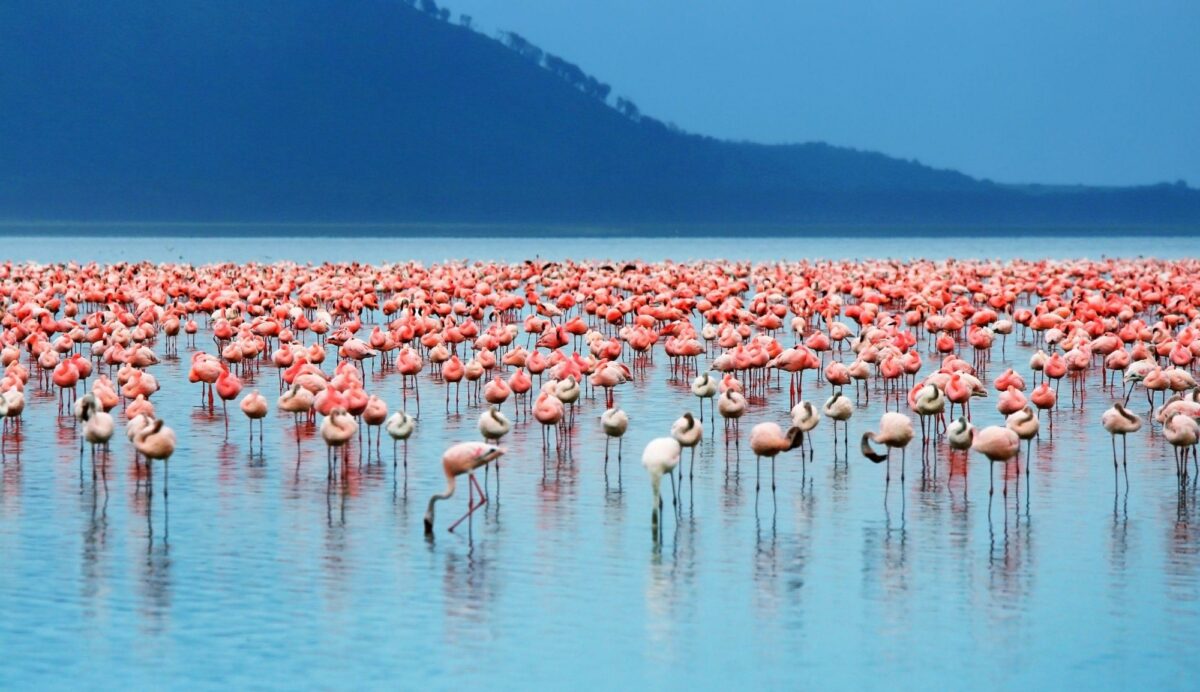- The lake requires a lifeline, a comprehensive rescue plan to reverse the harm and prevent further devastation. This necessitates a fundamental shift in our approach to the environment.
Picture a lake so beautifully pink, it appears as if it's been plucked from a fairytale. Thousands of flamingos grace the shores of Lake Nakuru with a breathtaking hue, attracting visitors from all corners of the world.
However, beneath this picturesque facade lies a grim truth: a silent threat is lurking in the waters, slowly poisoning the vibrant heart of the lake. The once enchanting pink tide is now turning toxic, leaving the future of this natural wonder hanging in the balance.
This is not just a story of neglect, but a tale of defiance. The environmental degradation has reached such a critical point that Governor Susan Kihika, has been found guilty of contempt of court. Her offense? Disregarding court orders to halt the continuous flow of pollution that is suffocating Lake Nakuru.
This unprecedented action speaks volumes about the severity of the crisis. It's a desperate plea for the survival of the lake, a cry for justice in the face of an ecological disaster.
The culprit behind this environmental tragedy is the untreated industrial and sewage waste, a toxic mix of pollutants being discharged into the lake, transforming its once pristine waters into a lethal concoction.
Read More
The repercussions are devastating. Aquatic life is perishing, the delicate balance of the ecosystem is crumbling, and the iconic flamingos, the very essence of Lake Nakuru, are facing an uncertain future. Their numbers are dwindling, their vibrant pink feathers standing out against the growing darkness that engulfs their habitat.
The battle to save Lake Nakuru is a classic tale of David versus Goliath, with Baboon Project Kenya, a small yet determined environmental group, taking on formidable opponents. Their efforts have finally borne fruit with the sentencing of Governor Kihika. However, this victory is just one step in a much larger struggle.
The real challenge lies ahead. It's not sufficient to merely punish those at fault. The lake requires a lifeline, a comprehensive rescue plan to reverse the harm and prevent further devastation. This necessitates a fundamental shift in our approach to the environment.
Sustainable waste management practices must be put in place, ensuring that industrial and sewage waste is treated before it reaches the lake. Environmental regulations must be reinforced and enforced, sending a clear message that the pollution of our natural resources will not be tolerated.
Yet, perhaps the most crucial aspect is a change in mindset. We must move beyond viewing nature as a commodity to exploit and instead embrace a deeper connection with the natural world. We need to cultivate a culture of environmental stewardship, where individuals acknowledge their duty to safeguard our planet and take steps to preserve its beauty and biodiversity.
The story of Lake Nakuru mirrors the global environmental crisis. It's a narrative of greed, apathy, and the dire consequences of our actions. However, it's also a story of hope, resilience, and the unwavering commitment of those striving to safeguard our natural heritage.
The destiny of Lake Nakuru hangs in the balance. Will we allow this vibrant ecosystem to fall victim to the silent killer? Or will we rise to the occasion and ensure that the pink tide continues to flow, a symbol of hope and a testament to the strength of collective effort? The choice is ours.







